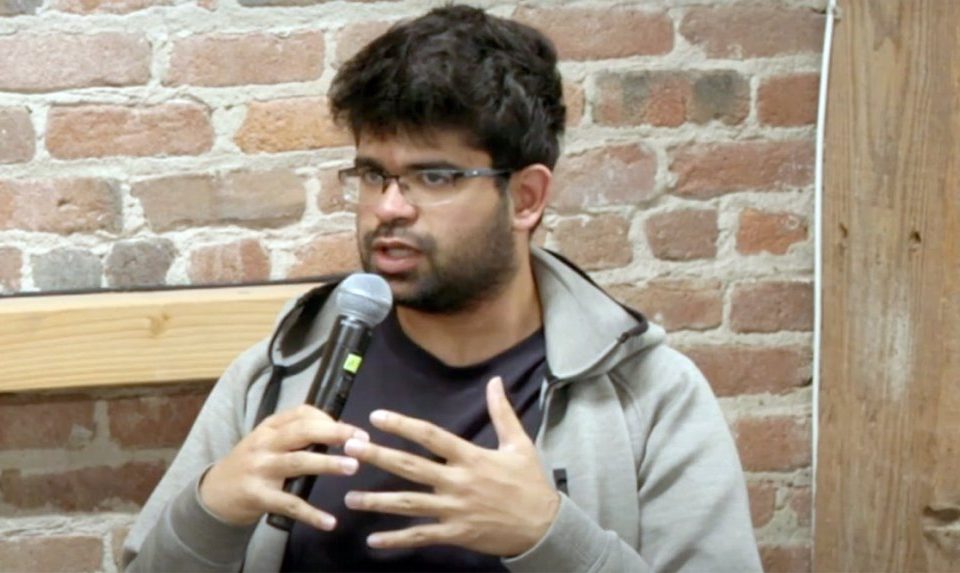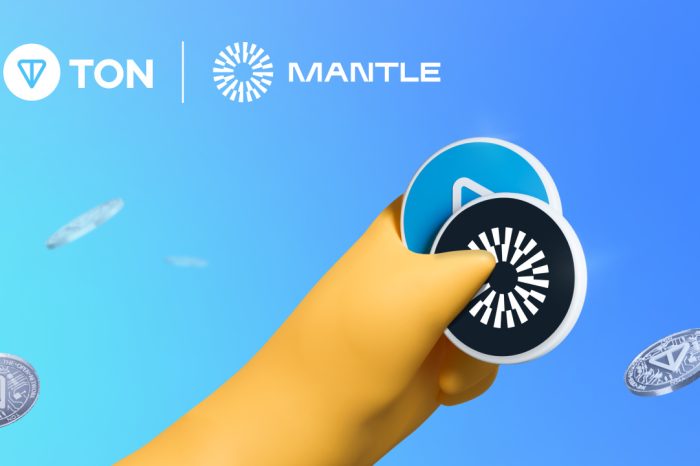AI search startup Perplexity raises new funding at $500 million valuation led by IVP

Perplexity, an AI search startup specializing in a conversational search engine powered by artificial intelligence, has secured new funding led by venture capital firm IVP, according to an exclusive report from The Information.
Although the specific amount and terms of the deal remain undisclosed, insiders reveal that this investment puts the one-year-old startup at a valuation of approximately $500 million, The Information reported, citing individuals with direct knowledge. This figure incorporates the newly injected capital, marking a significant increase from the post-investment valuation of $150 million reported during an earlier financing round in March.
Perplexity is part of a growing wave of generative AI startups that have been thriving amidst the substantial influx of capital into the AI industry. Perplexity aims to leverage artificial intelligence to challenge Google’s dominance in online search. Notably, among Perplexity’s investors are a notable number of Google’s own AI researchers.
The San Francisco-based Perplexity is the developer of an AI-powered search engine competing with the likes of OpenAI’s ChatGPT and Google’s Bard. According to recent reports, Perplexity has been generating annual recurring revenue of $3 million as of this month.
This implies a remarkable valuation multiple of approximately 150 times ARR, a substantial figure for a company with early traction. Nonetheless, this aligns with the valuations achieved by other generative AI-related startups that have recently secured funding, such as model developer Anthropic and AI model repository Hugging Face.
Unlike Google and Bing, Perplexity presents a novel search model that allows users to input straightforward queries on its website. For instance, an example query is: “Why can’t we digest grass?” In response, Perplexity generates concise answers using its AI systems. Simultaneously with the funding round, the company unveiled an iOS app on Tuesday. This move was prompted by the discovery that the majority of its traffic originates from mobile devices.
IVP is not the sole investor in Perplexity; the startup boasts an impressive lineup of backers. This includes renowned figures like Yann LeCun, the chief AI scientist at Meta Platforms, as well as six present and former AI researchers at Google and its sibling company, DeepMind. Among them is Jeff Dean, Google’s Senior Vice President for Research and AI, who served as an angel investor during the company’s early stages. These impressive connections are partly attributed to Perplexity’s CEO, Aravind Srinivas, who previously conducted research at DeepMind and the Google Brain research team before founding the company.
Founded in 2022 by Aravind Srinivas, Andy Konwinski, Denis Yarats, and Johnny Ho, Perplexity’s AI-powered conversational search engine assists users in delivering responses to questions through language models. Just like other generative AI startups that have constructed AI wrappers atop existing large language models (LLMs) like ChatGPT, Perplexity harnesses the capabilities of large language models, specifically drawing upon OpenAI’s GPT technology. This foundation empowers Perplexity AI to comprehend and generate text in a human-like manner.
While Perplexity’s web traffic remains a small fraction of Google’s, it has been steadily gaining momentum. In fact, the company’s website witnessed nearly 13 million visits in February, marking a substantial increase compared to the previous month, as reported by digital intelligence firm Similarweb. This surge in interest reflects the broader trend in the popularity of ChatGPT, which has also propelled the growth of smaller players in the sector, such as Character.AI and You.com, as indicated by Similarweb’s data.
The startup’s ties to the search giant are rooted in Srinivas’ background, having served as a researcher at DeepMind and the Google Brain research team before venturing into Perplexity. These early relationships elucidate the strong investment interest from numerous Google personnel, as confirmed by Bob Muglia, a former Microsoft executive who also participated in the startup’s funding.

